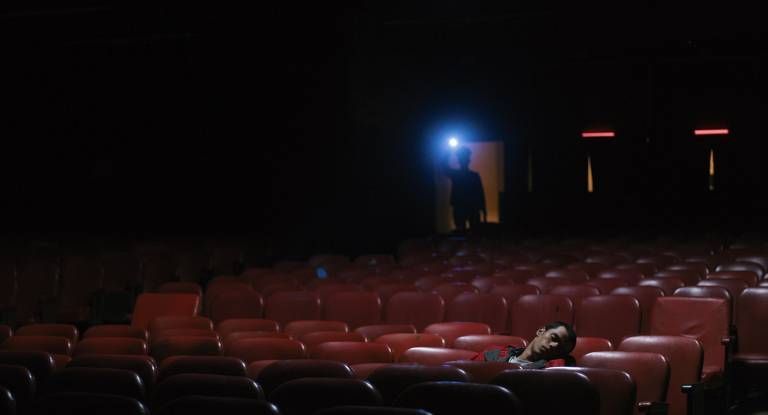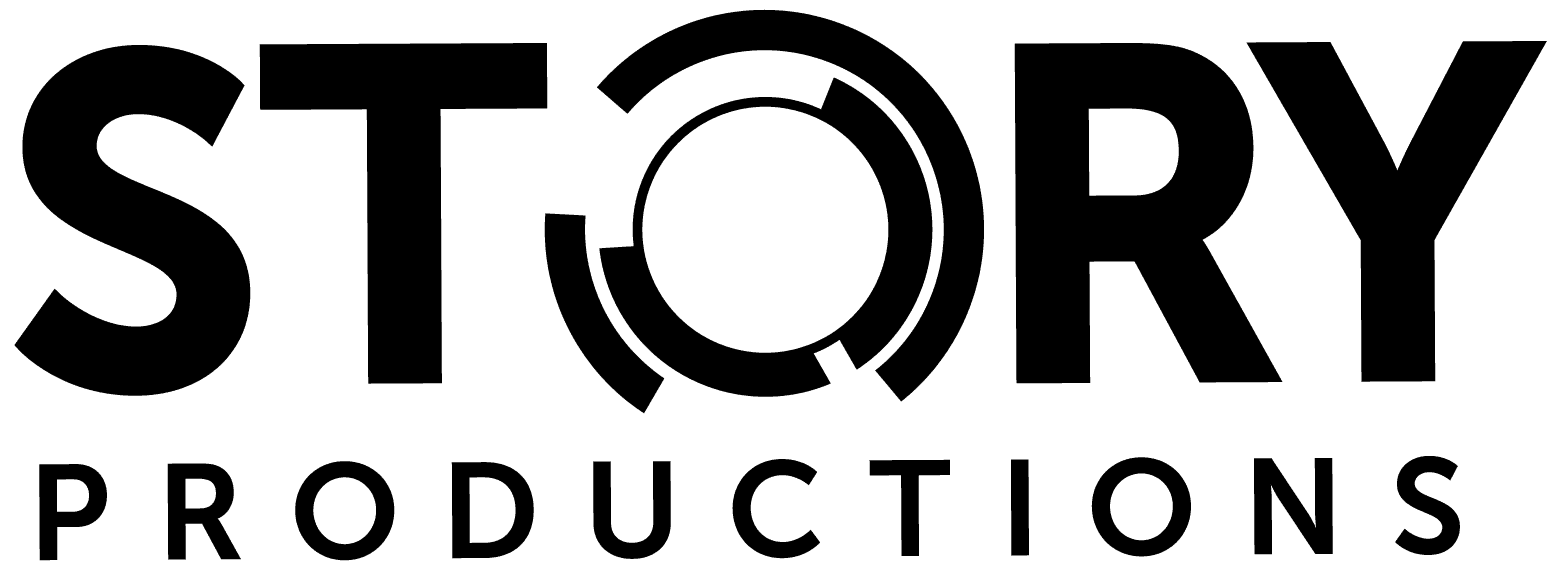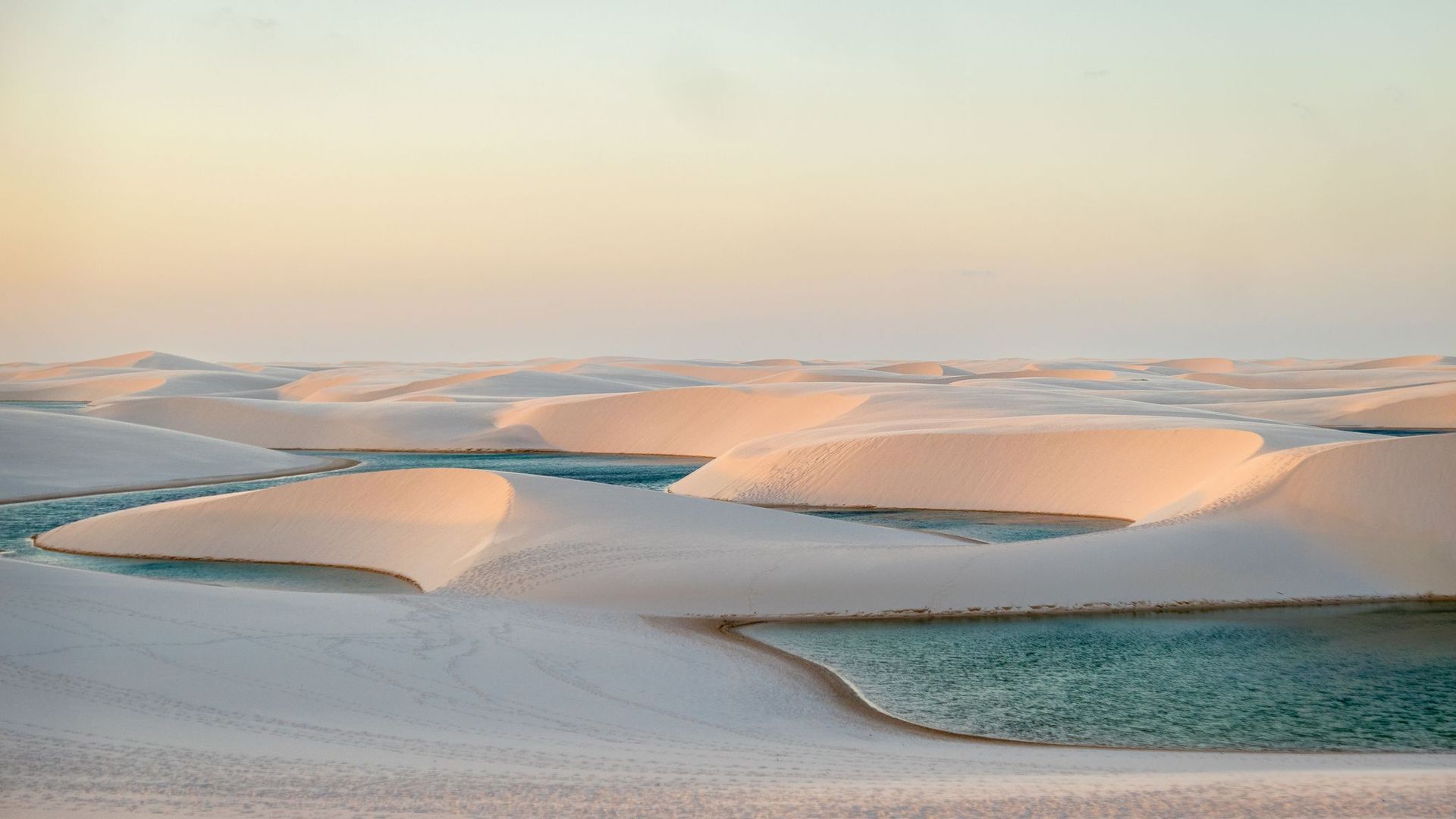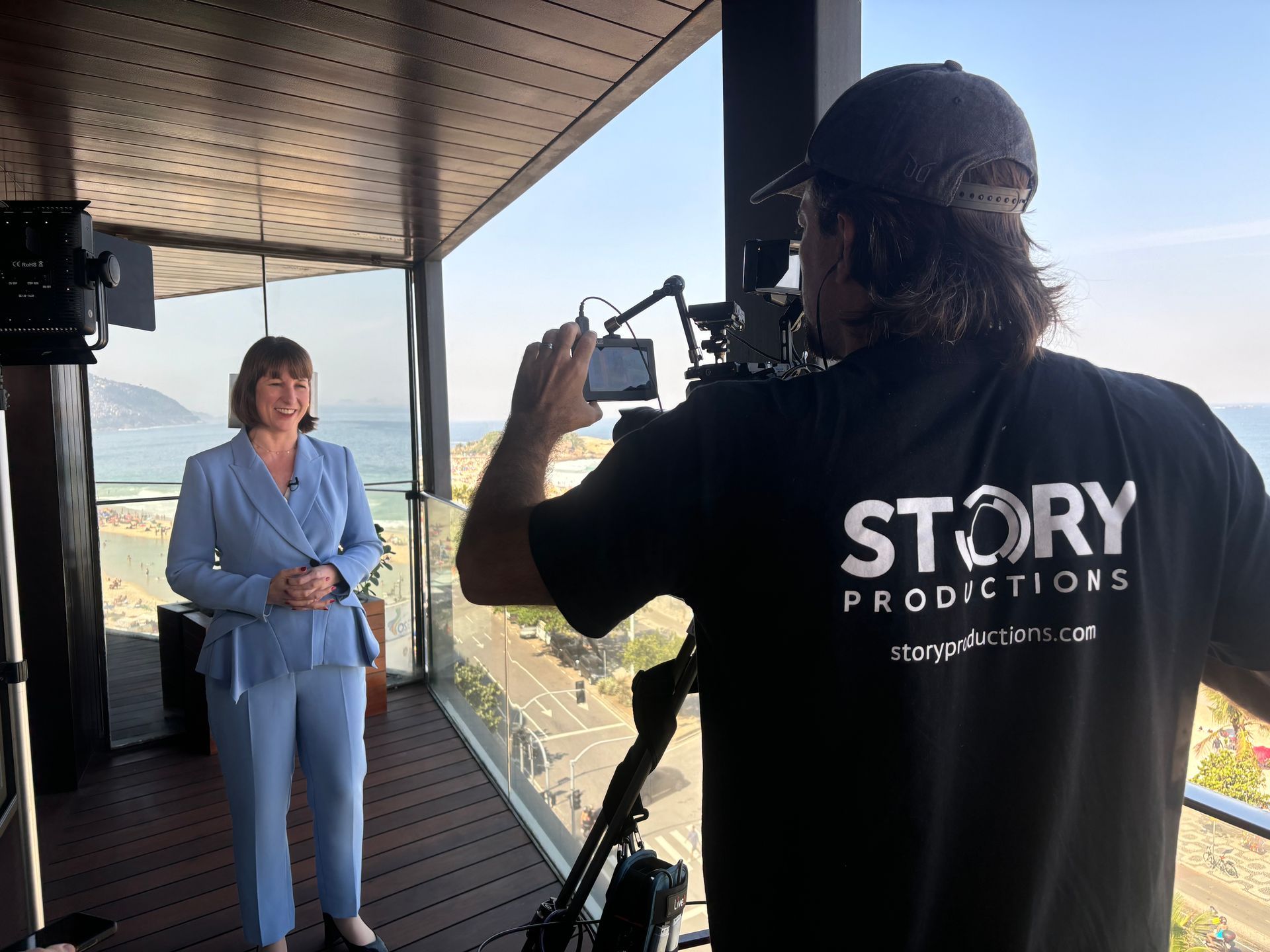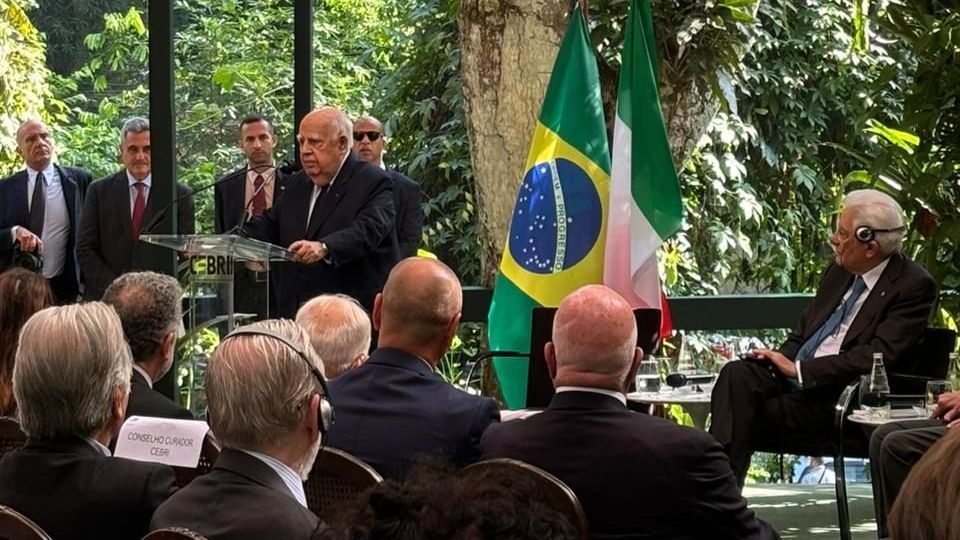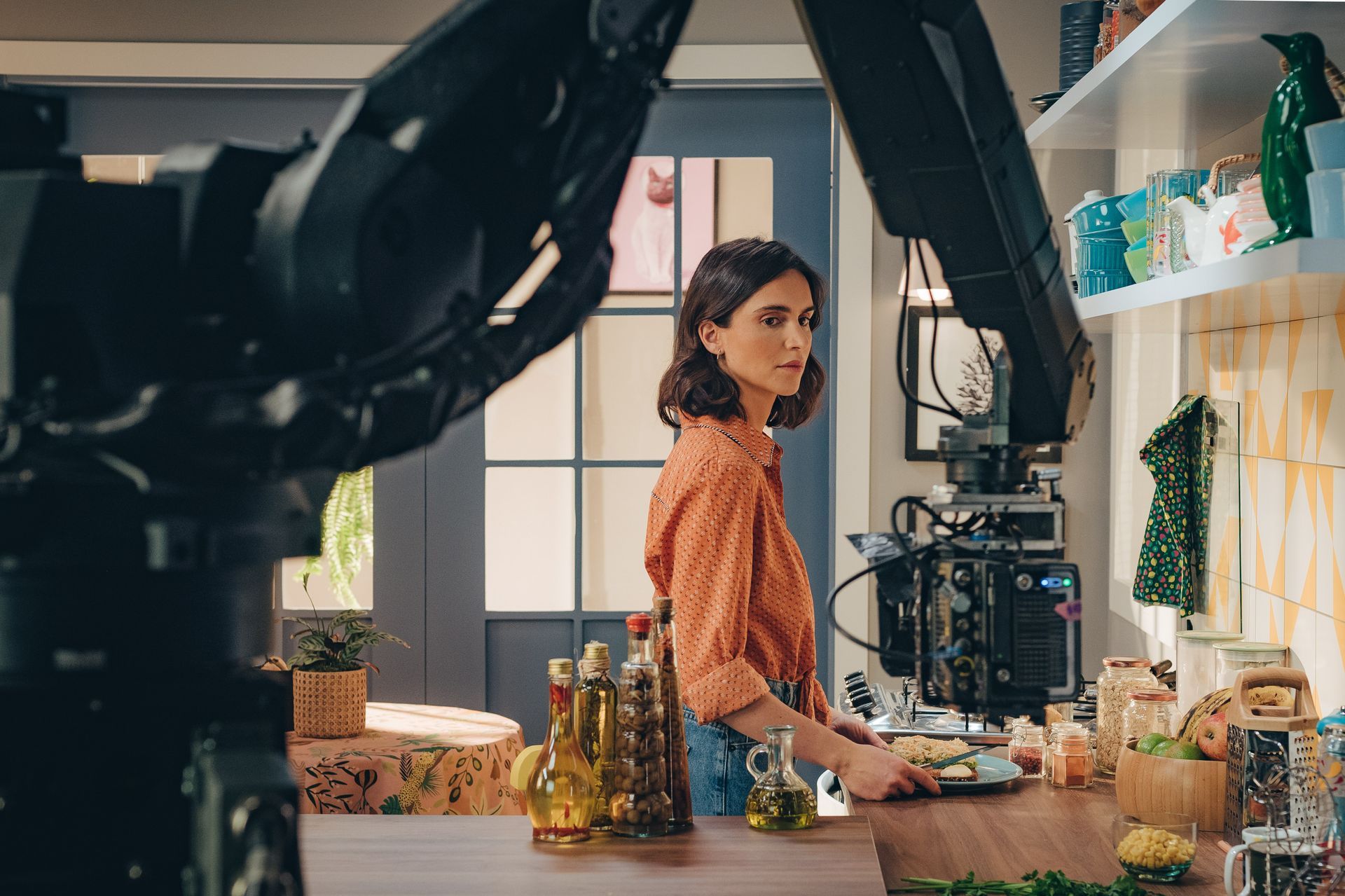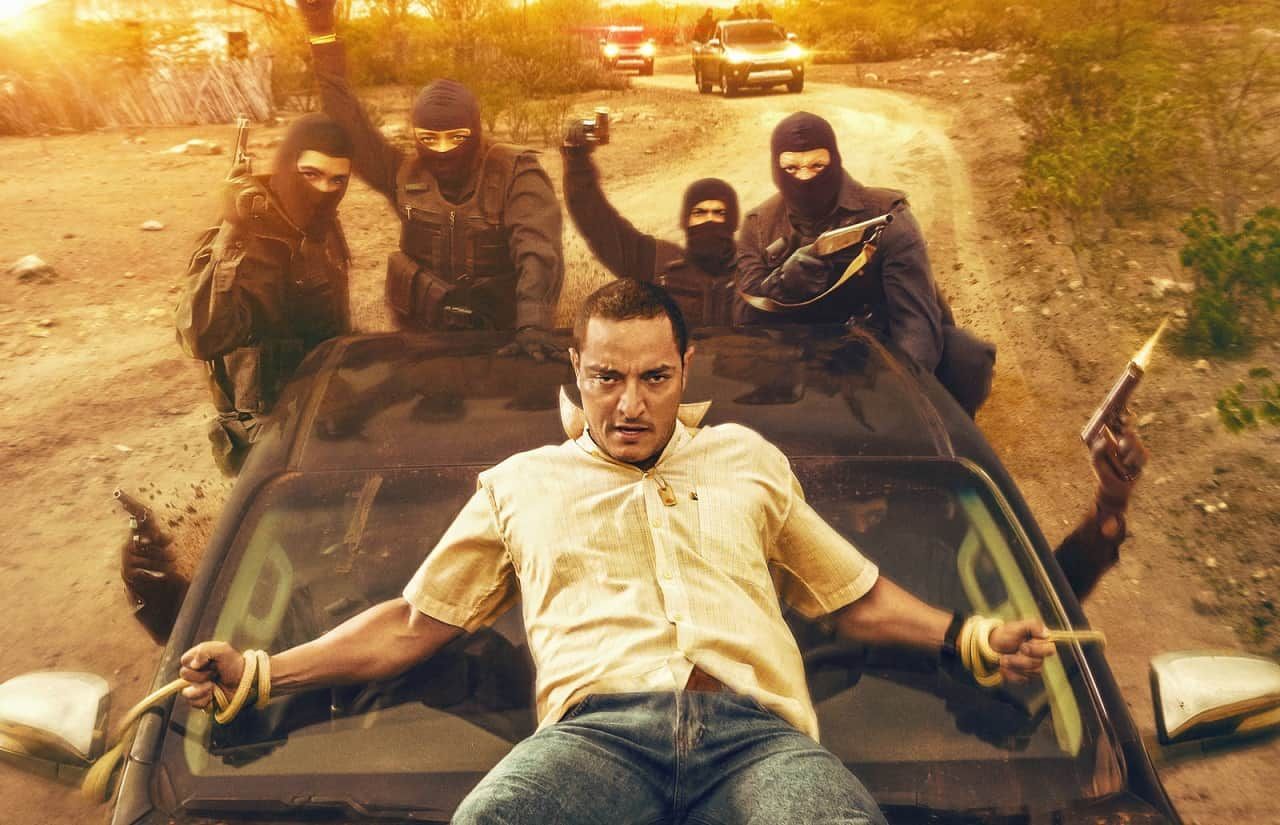Musician interview: Brazilian composer, arranger, conductor, musical director, producer and teacher
An experienced musician, Rafael Righini talks about the importance and workflow of music in the audiovisual world.
Tell us about how you started making music.
I am a conductor, with a degree in composition, arrangement, music production and music direction and also a university teacher. I come from an artistic background, so I was exposed to this kind of world from a very young age. I started playing acoustic guitar at seven years of age and I haven’t stopped pursuing music since then.
I went to university to study classical guitar, but then I got interested in other fields and ended up studying composition and conducting.
My first time composing for an audiovisual project was for a renowned Brazilian director, Del Rangel, who needed a composer at that time. Since then, I’ve continued to work in this area as well as others.
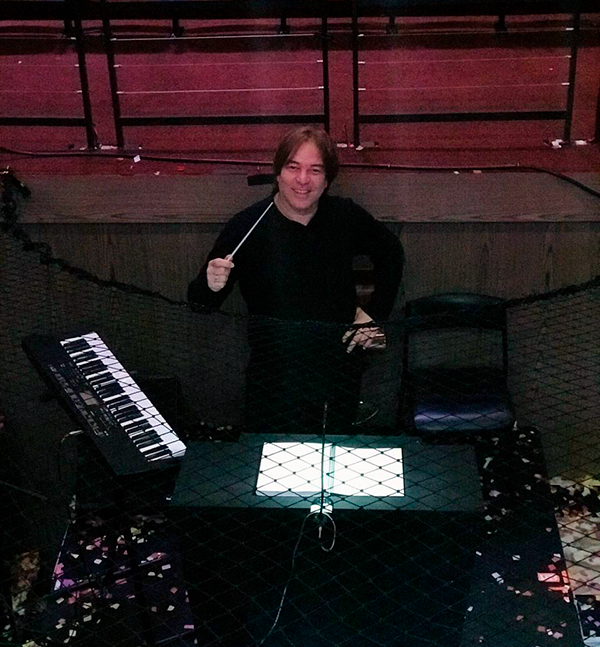
What is your day to day like as a musician?
Usually when a cinema or TV director comes to me, the first thing I do is schedule a meeting so I can understand the project, the story and the narrative. Then, I will organize the project, start to create sketches of music to show the director, what we call leitmotif. It’s important to understand exactly what the director wants to evoke.
Once the director approves the musical sketch, the music will go through a process of arrangement and orchestration, to fill out the musical body and add details. Once this is done, the music travels to production, which takes care of the audio quality, mixing and mastering, as well as properly syncing the music with the image and the time code. The music is then handed over to the editing team and then we have the final result.
What do you consider before accepting a project?
Initially, the project idea has to be challenging, pleasurable in terms of the structure given should problems arise, such as bad organization or working with complicated people. Communication is very important: it should always be present. The process has to be a fun undertaking with the team. And finally, the economic proposal has to be feasible when compared with the demand. These are all factors I consider before taking a job.
What are the challenges you deal with in this industry?
From my point of view, here in Brazil there is still a lack of stability in the industry for film scoring compared to other countries, such as the United States which has a huge, stable and developed industry. The industry in Brazil has grown a lot. It's better than last year, but it's still developing.
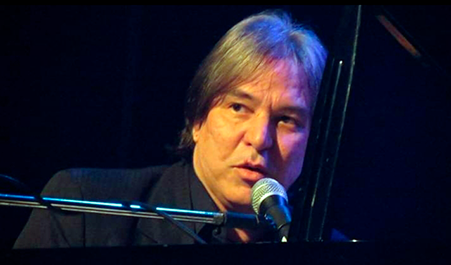
We need to achieve another level, to be more stable. We need a broader work capacity, not only for people who are starting in this field, but also for those who've been in this industry for a while. There has to be space for everyone, with more demand.
At Brazilian TV stations, where there is more demand, they often work with royalty free music; which is fine now and then, but it would be better if a musician created original music for the project, to give more work opportunities to these professionals and to value them more.
Can you talk about your workflow and give us tips for an audiovisual production?
For those who only work with images, sometimes communication can be difficult because they don’t know the vocabulary of the music universe; and vice versa, musicians usually don't know audiovisual terms. It’s important for both fields to know how to communicate with each other, to work together, to learn each other's languages, to know the basics so that the end result is satisfying for both sides, so that the end project is cohesive. One way for the director to manifest what he wants is to use references, to search for examples of existing music to show the composer what he wants, to guide the musician to the correct path.
About the workflow, I personally like to work differently. Instead of receiving the cut, reading the script and composing on top of it, I like to go see the filming on site and watch everything: the actors performing in front of the camera, the mood, the environment, what it makes me feel. It inspires me. The experience of being there enhances the emotions and I end up creating musical themes and ideas right there.
I watch the actors read their lines, see how they are expressing them, their gestures; it all intensifies and helps with composing later on. Being there also allows you to meet people, connect and talk more with the director.

What is your book A Trilha Sonora da Telenovela Brasileira (The Soundtrack of Brazilian Soap Opera) about?
The book was made out of necessity, to connect the world of film scoring and the audiovisual world. It talks about music for people who work in the audiovisual industry, who want to understand more about music. It talks about the audiovisual world as well, for the musicians to learn about. It also contains profound research about my own compositions and about my experiences. It’s about the soap opera industry in Brazil, which is the biggest local audiovisual television production to this day, but it can be applied to other genres as well.
The book is one of the first ones about this topic in Brazil and is heavily used in universities. It’s very useful for anyone who wants to learn how to connect both worlds and to enhance the audiovisual project overall.
Finally, let us know how you promote your work?
I’ve been lucky so far, with one job leading to another: word of mouth has always worked for me. But I confess that lately, post pandemic, a lot has changed, technology has advanced. Right now, I’m rebranding FatorR, my studio, and myself by using the new technologies at our disposal. Decades ago, there was only cinema and TV, but today we have streaming media services, the internet, YouTube, and more.
There are new branches of musical opportunities to enter, with new ways to approach them and different challenges. Word of mouth has always worked for me because when I started it was the only way, but today it’s important to put yourself out there, advertise who you are, and to work very hard so that people will recommend you to others. It’s good to rely on other ways of communication, using social media for example. It’s more important than ever, since the competition is very high and you have to make a name for yourself.
Rafael Righini is now conducting the musical The Wizard of Oz in São Paulo. He has shown that it’s possible to have a relevant career combining different skills in the musical world, and merge that with video production.
Speaking of integrating music and video, if you have a project that requires any post-production in Brazil, Story Productions can help you by providing sound and music mixing. Send us a message so we can provide you with a viable quote!
Rafael Righini's top Brazilian films and TV shows to watch
Entre Lençóis (Between the Sheets) (film)
Gustavo Nieto Roa, 2008
Uma Rosa com Amor (soap opera - SBT)
Del Rangel, 2010
Contos de Lygia (film)
Del Rangel, 1999
Dance, Dance, Dance (soap opera - Band)
Del Rangel, 2007
Revelação (soap opera - SBT)
Henrique Martins, 2008
Especial Record - 50 anos (TV special - Rede Record)
Vagner Matrone, 2003
Rafael Righini's top musical conducting
O Mágico de Oz (The Wizard of Oz)
2003-2006, 2018-2020, 2023
Related stories
- Interview with a reforestation champion for a French documentary feature film
- Story Productions films interview for YouTube Brandcast 2021
- The Big Interview: Brazilian director and screenwriter Dennison Ramalho
- Story Productions films corporate interview in São Paulo
- Video interview: Behind the scenes with the 'Connected' producers
- The BIG Interview with Laís Bodanzky on São Paulo cash rebate
- The BIG Interview with ITV News cameraman Rob Turner on filming the coronavirus pandemic
Share this story:
Get the latest news straight into your inbox!
Contact Us
Read another story
